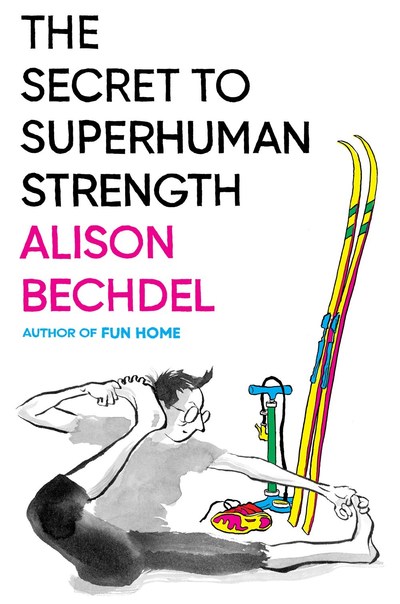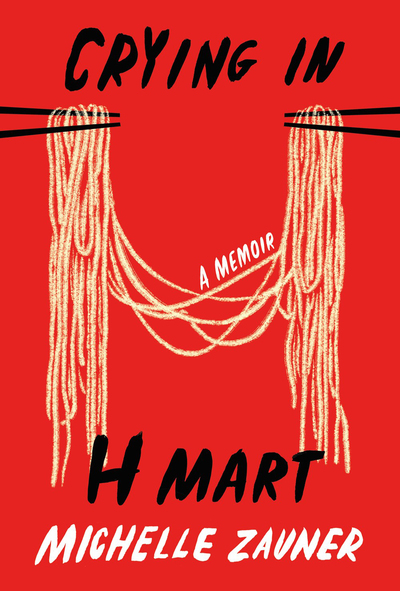In one of the most disturbing and tender scenes in Somebody’s Daughter, a middle-aged Black woman lights a match and sets a snake nest ablaze. “These things catch fire without letting each other go. We don’t give up on our people,” Billie Coles explains as her granddaughter, the author Ashley C. Ford, looks on. Coles is attempting to demonstrate how families shouldn’t abandon each other, but Ford’s memoir offers an alternative survival strategy—one that sometimes depends on a person leaving.
Somebody’s Daughter is part Midwestern Black girl bildungsroman and part family saga about the rippling effects of incarceration. Ford’s father was jailed shortly after her birth, and her mother’s quests for new love often ended in frustration, which she unleashed on her eldest child. Their relationship was so volatile that after an adult kissed Ford when she was a child, and later when her first love sexually assaulted her, it took decades for her to reveal the truth to her mother.
In the meantime, she coped with her pain through daydreaming, dissociation and wandering the halls of her local high school, a precursor to the peripatetic life that would lead her away from her family in Indiana. It’s tempting to view Ford’s mother antagonistically throughout this book, but the author’s familial bonds aren’t that simple. Ford’s contentious relationships with her parents—a mother who often withheld affection and a father who was physically unavailable to express it—loom large, and it’s fitting that the book begins with a phone call from one parent and ends with a reunion with the other.
This book’s title is deceptively simple. In African American Vernacular English, it can be a euphemism for a woman in danger; but when Ford reunites with her father, it becomes a revelation of the author’s self. Finally, it makes clear that the life one builds in the aftermath of a tragedy can, in time, coexist with the life left behind.
After returning to her hometown near the end of the book, Ford writes, “However complicated, I could exist in both [New York and Indiana], as me, fully me.” Perhaps the greatest lesson of Somebody’s Daughter is that a Black child marked by poverty and sexual violence can create multiple spaces in which to thrive—and that anybody’s child can do the same.


























